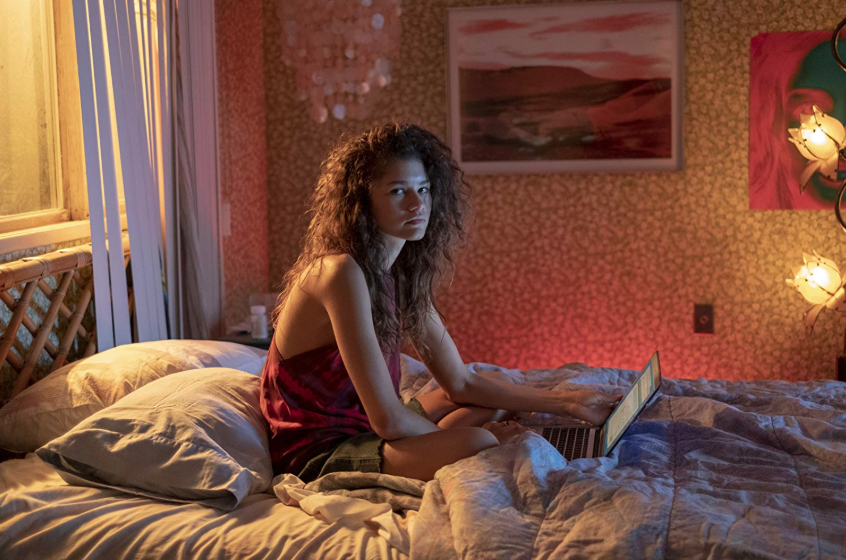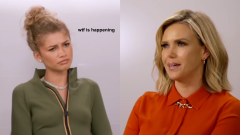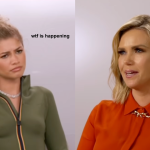
Last year I joined a Facebook group called Subtle Asian Traits. It’s the same thing as Subtle Bogan Traits except instead of joking about VB, we take the piss out of slapping sacks of rice at Coles. It’s tailored shit-posting and I love it but as the group grew, the content changed. People started to share stories from their childhoods, of trying to talk to their parents about their mental health struggles and getting completely shut down. Some, if not all, of these posts copped thousands of reactions and comments. Suddenly, people were bonding over what it felt like, and what it feels like to have a family who doesn’t believe in depression, anxiety, anorexia, the list goes on.
And with the stories, came the (sort of) jokes.
https://twitter.com/miggsace/status/1182500990475538432
Though a lot of the comments and reactions on Facebook were literally “Haha”, a bunch of people offered support. Some utterly self-deprecating, others helpful. And it made me think of the hundreds of other young people across Australia who might be going through the same thing alone.
In a survey, Kids Helpline asked young people what they wished their parents knew about them and about things generally. Sixty-five per cent of young people said they wanted their parents to know more about mental health and over 75 per cent said they feel like they can’t talk to their parents about it. Seventy-two per cent said their parents just don’t understand mental health.
“Parents don’t have to have all the answers, and it’s okay to not know,” Kids Helpline Specialist Amanda Grehan told PEDESTRIAN.TV. “And often what young people have actually told us is that they don’t expect their parents to know everything, have the answers, or know what to do. They actually just want them to be calm and listen and be curious.”
Talking to your parents about your mental health is important, Amanda added. But it can also be very difficult.
“Start by giving a heads up that you need to talk about something serious. Be upfront about any concerns or fears you have in confiding in them. For example, ‘To be honest, I’m worried that if I tell you about it you might get angry and yell but I really want your help.’
“Tell them how you would like the conversation to go and tell them what you need from them, like their support.
“Make sure your parents have an accurate understanding of the situation. A great way to do this is to make some time and space in the conversation for questions. And build space for them to process.”
Building space can prevent parents from responding emotionally, Amanda said.
“For example, you can say, ‘I’m going to go to my room and do some homework. Maybe we can talk about it some more after dinner?’”
And if parents react negatively, because there is a chance that may happen, give them time and space. Most importantly, look after yourself and reach out to other support networks like your friends, a GP, or services like Kids Helpline if you need to.
Earlier this year, Kids Helpline released a flowchart for people unsure of whether or not to speak up if they’re worried about a mate.
“Sometimes when people have a mental health issue, they may not be thinking clearly or making good decisions around their safety,” Amanda said. “In those cases, we all have a responsibility to get them help. If you are worried a friend might be unsafe, it’s important to tell a trusted adult or Kids Helpline – even if they asked you to keep it secret.”
Headspace National Clinical Advisor Nick Duigan recommended preparing a plan so you’re set on what you want to say and how you’re going to say it.
“It’s commonly most effective to approach these conversations when people are feeling calm and not rushed or stressed, and it’s in a private place where they’re not likely to feel interrupted.
“And if a young person is feeling uncertain about how it might go, they can ask a friend or another family member to join them in the conversation.”
In his experience, parents are genuinely doing the best that they can, but sometimes a conversation about mental health comes down to a difference in opinion. And that can cause different responses.
“Reactions from parents that would be received as hurtful or dismissive often come from a place of fear, misunderstanding, sadness, guilt, confusion, or frustration,” Nick said. So try brainstorming a couple of unhelpful responses that might come up during the conversation.
“Make a plan about how to respond to those and as challenging as this is, try to model a calm and measured response.
“If you are able to demonstrate this sense of calmness, understanding, and compassion in the moment and then take a break and revisit it later, it might just be the example that a parent needs to be a leader in a relationship.
“It shows how you can be caring and compassionate in times of difficulty, which is exactly what we’re all asking for in return.”
Former AFL player Lance Picioane established non-profit organisation Love Me Love You in 2013 to challenge the stigma surrounding mental health in young people, and to help parents open up the conversation.
“The biggest thing for parents is normalising the conversation,” Lance said and you can do that through research and open discussion.
It’s why Love Me Love You offer a slew of practical programs, like the Empowering Parents Program, to teach adults about mental health – from appropriate language to reaching out to the right mental health professionals.
“It sets the tone early, it gives parents an environment to be able to bring up things they normally wouldn’t,” Lance continued. “Some of them will raise a point or ask a question that 90 per cent of the room has wanted to ask but haven’t had the opportunity to do.”
But Lance knows not all parents can be as understanding.
“In 2019, we’re still in an age where elders – our parents – still have the beliefs of 15 years ago.
“So sometimes you may get a not so positive response but it’s not so much a not so positive response, it might just be a lack of understanding,” Lance said. “And it’s the lack of understanding that is creating a bigger issue because people still don’t understand the reality.
“There are still people who think mental illness is a load of crap. But there’s stats, research, and awareness – we wouldn’t be talking about this if it wasn’t real.”
Kids Helpline is here for young people aged 5-25 – anytime, any reason. Please don’t hesitate to reach out to Kids Helpline on 1800 55 1800, send them an email or connect on WebChat if you need support.
People aged 12-25 seeking help for a mental health problem can also contact headspace at www.headspace.org.au







